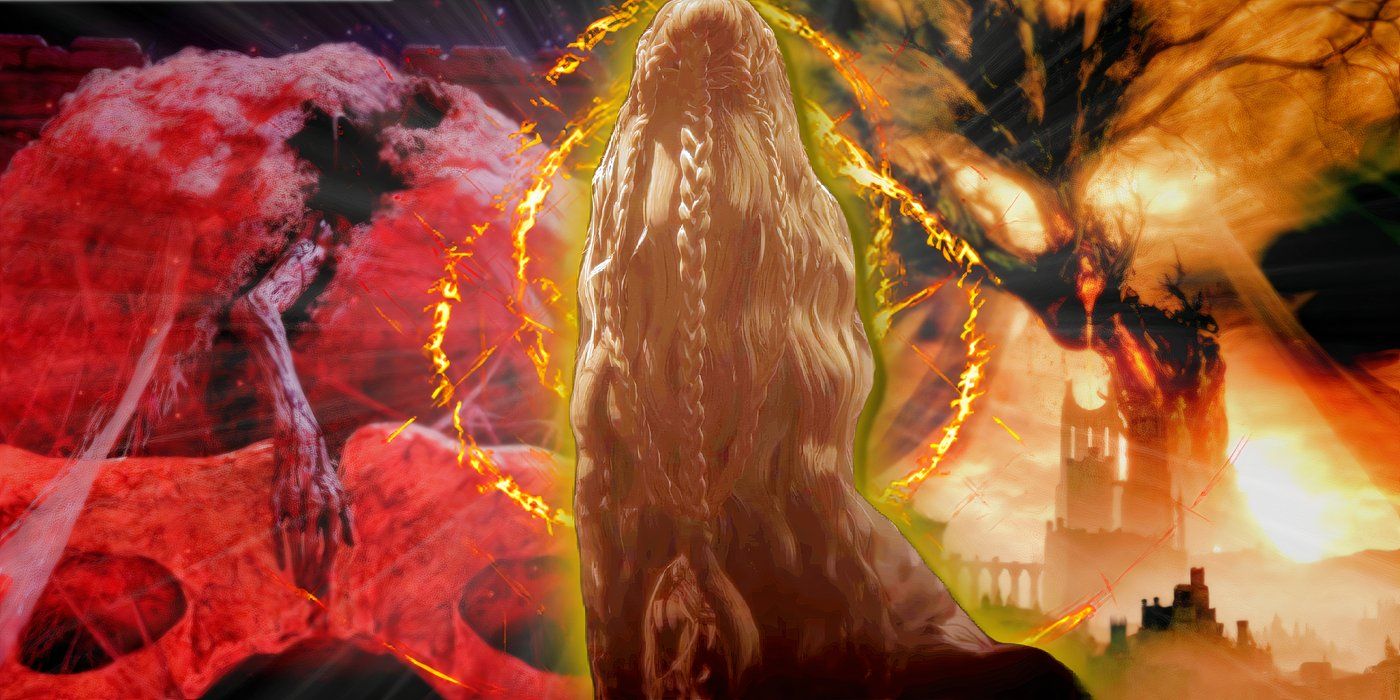Warning: spoilers ahead for House of the Dragon episode 1Watching House of the Dragon and not entirely sure how Aegon Targaryen’s name should be pronounced? You’re not alone. Aegon the Conqueror has been deceased for decades by the time House of the Dragon‘s timeline begins, but he plays a major role in episode 1 nonetheless. King Viserys I tells his daughter, Princess Rhaenyra, about the Song of Ice & Fire – a dream in which Aegon predicted the White Walker attack from Game of Thrones. This vision inspired Aegon’s conquest of Westeros, and triggered the entire bloody tale that spilled from George R.R. Martin’s pen.
Seeing “Aegon Targaryen” written down, many would naturally lean toward “Ay-gon” as a pronunciation. Not only does this sound more regal than a king whose first syllable is “egg,” but Matt Smith’s House of the Dragon character, Daemon Targaryen, is pronounced “Day-mon,” while in Game of Thrones, Maester Aemon is “Ay-mon.” It’s only natural to expect the ae of “Aegon” would sound the same: “Ay-gon.”
In truth, both pronunciations appear legitimate. House of the Dragon episode 1’s final scene features King Viserys I very clearly using “Egg-on,” and since he’s a Targaryen, he should probably know best. When Samwell Tarly reveals Jon Snow’s real name in Game of Thrones season 8, he also opts for the “Egg-on” pronunciation, and it should be noted that King Aegon V carried the nickname “Egg,” which only works if you say his name the way Viserys and Sam do. But the debate isn’t so clear-cut. Numerous times in Game of Thrones (when Tywin Lannister is lecturing Arya Stark in season 2, for example), Aegon the Conqueror’s name is said as “Ay-gon.” More convincingly, George R.R. Martin himself has used “Ay-gon” during interviews… and he picked the thing.
Why Pronouncing Names Differently Makes Sense For Westeros

Citizens of Westeros speaking the same name in various different ways isn’t necessarily a plot hole in House of the Dragon and Game of Thrones‘ growing live-action world. The Seven Kingdoms are exactly that – a collection of unique cultures with huge discrepancies between clothing, combat and, indeed, language. The stories of Westeros – and, more importantly, the names within them – wouldn’t necessarily be pronounced the same on the Iron Islands as in Winterfell, or between Lannisport and Dorne, or North of the Wall and in King’s Landing.
Regional dialects can’t account for every pronunciation discrepancy in Game of Thrones. Tywin Lannister is a learned man who spent long years hanging around Targaryens, so he surely would’ve picked up “Egg-on” instead of “Ay-gon.” The diversity of George R.R. Martin’s world does, however, account for how one name can be uttered several different ways without being wrong. As far as House of the Dragon is concerned, “Egg-on” is the official way to speak Aegon the Conqueror’s name, but don’t be hugely surprised if someone drops an “Ay-gon” further down the line.
Alas, this reasoning only works with a historical character like Aegon Targaryen, who’s dead in House of the Dragon and a legend from a fallen house when Game of Thrones begins. Much harder to explain is why a living character like Arya Stark switches from “Ar-ee-ah” to “Ar-ya” during the course of her journey, with even other Stark siblings changing their pronunciation mid-show. It’ll be interesting to see whether House of the Dragon falls victim to the same pitfall. Still, at least Otto Hightower shouldn’t cause any problems.
House of the Dragon continues Sunday on HBO.





